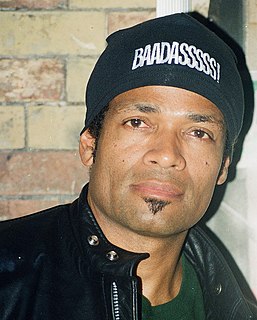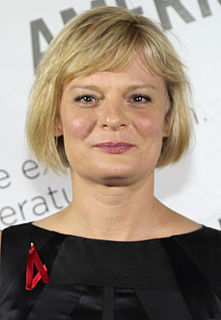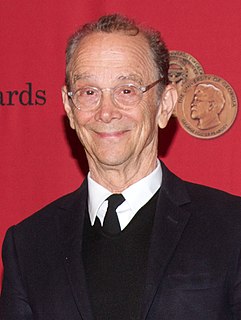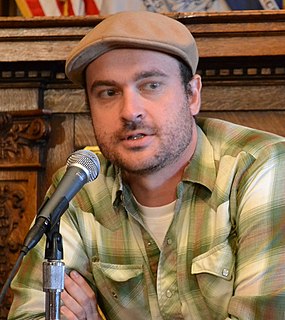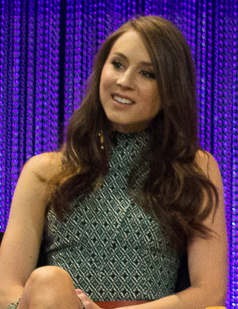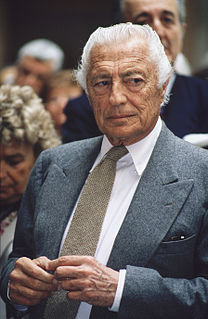A Quote by Mario Van Peebles
I had unusual parents. We'd been to Europe. We'd been in the theater. We were sort of like the Addams Family.
Related Quotes
If I had been a different sort of person, maybe less impressionable, less intense, less fearful, less utterly dependent upon the perceptions of others - maybe then I would not have bought the cultural party line that thinness is the be-all and end-all of goals. Maybe if my family had not been in utter chaos most of the time, maybe if my parents were a little better at dealing with their own lives maybe if I'd gotten help sooner, or if I'd gotten different help, maybe if I didn't so fiercely cherish my secret, or if I were not such a good liar, or were not quite so empty inside... maybe.
I had begun my professional career when I was 9 years old at the Cleveland Play House, and it was a very specific, real theater sort of like, you know, in England and the Berliner Ensemble - very devoted people. And I thought the theater was the greatest place I had ever been, and that's what I wanted to do.
I spent a lot of time thinking that I was some kind of foundling, that I had been a changeling, that I had been found under a bush somewhere, and that I couldn't possibly be kin - but the more I live, the more I feel absolutely like I come out of my family. I'm a sort of strange natural progression.
I feel very strongly that I am under the influence of things or questions which were left incomplete and unanswered by my parents and grandparents and more distant ancestors. It often seems as if there were an impersonal karma within a family which is passed on from parents to children. It has always seemed to me that I had to answer questions which fate had posed to my forefathers, and which had not yet been answered, or as if I had to complete, or perhaps continue, things which previous ages had left unfinished.
I feel like I've been lucky that I've never been put in a situation where I had to keep a serious secret. But what is true of me - and has to be true of everyone who's ever been in a family - is that our idealization of reality when we're children always has to fall apart. It's the narratives we didn't know about that pop up and redraw reality. You have to be able to integrate secrets into who you are. My family does not look now like it does when I was a kid. There was divorce. There were family secrets. There was definitely a difference between what I thought was true and what was true.
I thought I was the center of the world and that my parents had nothing to do with me, and I regret that. I wish I had been a little kinder to my family and been friends with them and let them into my life and shared with them the things I was doing rather than feel like I needed to do my life in secret.
I do remember, one time, a man came to me after the students began to work in Mississippi and he said the white people were getting tired and they were getting tense and anything might happen. Well, I asked him "how long he thinks we had been getting tired"? I have been tired for 46 years and my parents was tired before me and their parents were tired, and I have always wanted to do something that would help some of the things I would see going on among Negroes that I didn't like and I don't like now.
